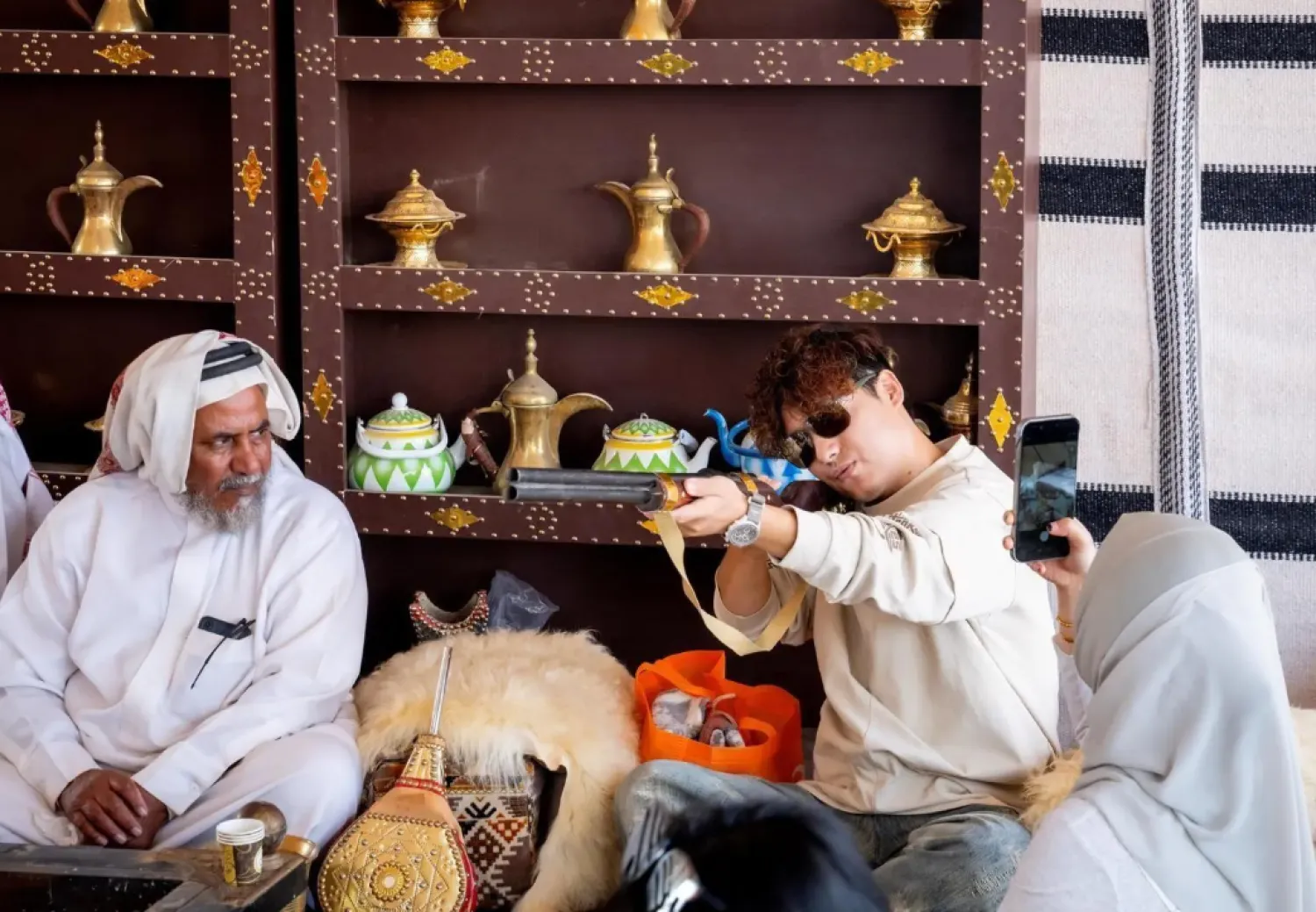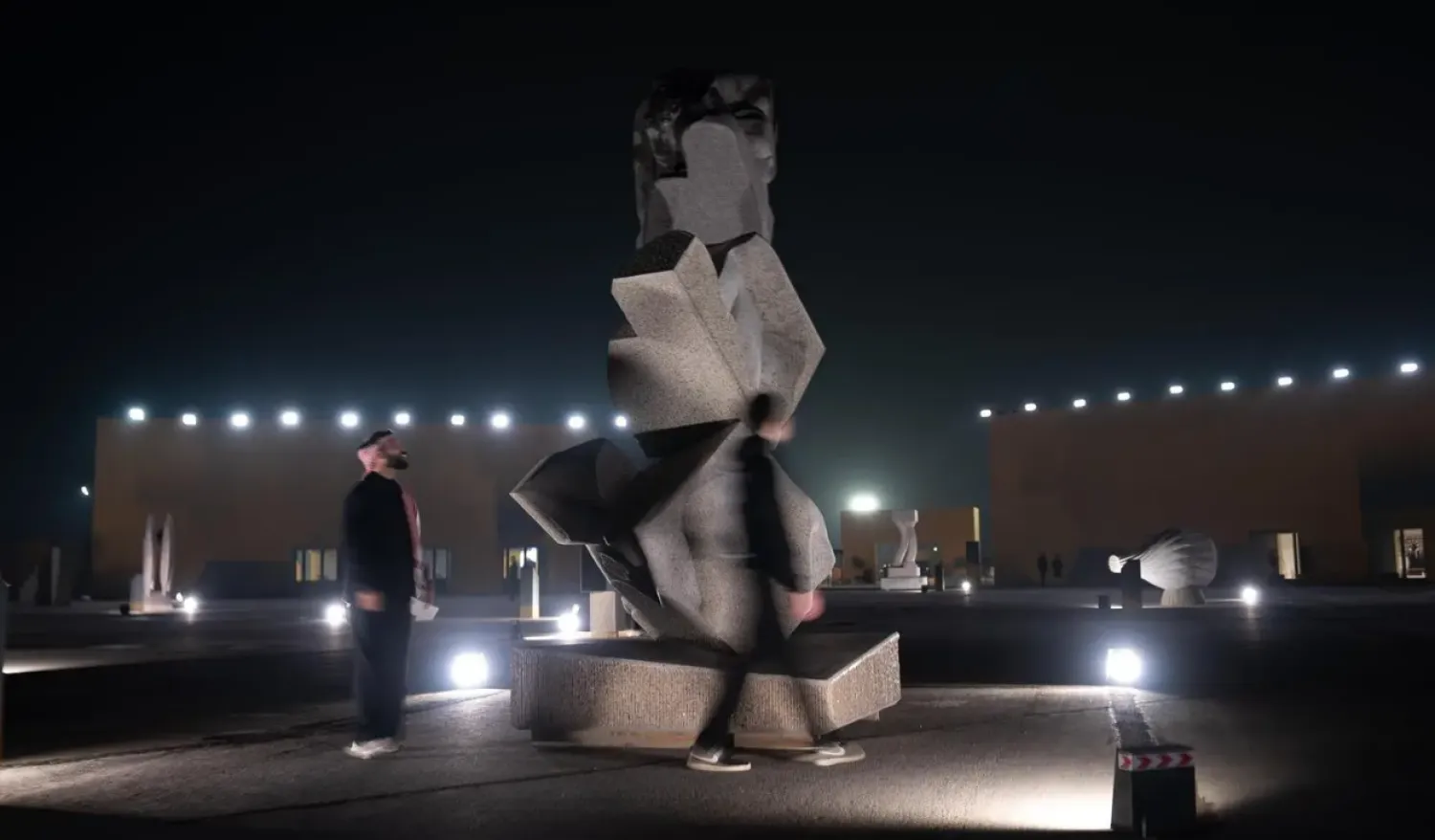As a young girl growing up in the Atlas mountains, Hannou Mouloud's family took her to have her chin tattooed with the cherished lines that generations of Moroccan Amazigh tribeswomen wore.
"When I was six, they told me tattoos were pretty adornments," recalled the 67-year-old from Imilchil village of the once-common practice among women in North Africa's Amazigh groups, AFP reported.
Long referred to as Berbers, many tribespeople from the area prefer to be called Amazigh, or Imazighen, which means "free people".
Today, like in many of the Indigenous cultures across the world where facial tattoos were long prevalent, the practice has largely faded.
Many attribute the near-disappearance of facial tattoos to Morocco's changing religious attitudes in recent decades, with interpretations of Islam where inked skin and other body modifications like piercings are prohibited taking hold.
"We would use charcoal to draw the designs on our faces, then a woman would prick the drawing with a needle until blood came out," Mouloud told AFP, adding that they would rub the wound daily with a chewed green herb to deepen the tattoo's color.
The markings vary in design between the minority's tribes and were used to signify the wearer's origin while offering beauty and protection.
Being tattooed would hurt, said Hannou Ait Mjane, 71, and "we couldn't hold back our tears" but it "remains a tradition that our ancestors passed down to us".
Fundamentalism
Morocco has the largest Amazigh population in North Africa, with Tamazight, the community's language, recognised as an official language alongside Arabic.
According to the most recent census in 2014, more than a quarter of Morocco's 35 million inhabitants speak at least one dialect -- Tarifit, Tamazight or Tachelhit.
Abdelouahed Finigue, a geography teacher and researcher from Imilchil, told AFP that women often had their chins, foreheads or hands tattooed.
The designs held different meanings to the different communities.
"The woman, through her tattoos, expresses her beauty and her value as an individual independent of the man," he said, explaining what the different shapes can mean.
"The circle, for example, represents the universe and beauty, just like the moon and the sun which occupied an important place in local rites," he said.
But changing religious trends means fewer women are getting inked.
Bassou Oujabbour, member of local development association AKHIAM, said women with the markings have faced social pressure.
"Fundamentalists sometimes describe tattooing as the devil's book or as the first thing to be burned on the human body," he said.
"Some women even removed the tattoos long after getting them for fear of punishment after death."
Morocco's Tribeswomen See Facial Tattoo Tradition Fade

Amazigh women pose for a picture in the village of Imilchil in central Morocco’s High Atlas Mountains on September on August 19, 2024. Agence France-Presse

Morocco's Tribeswomen See Facial Tattoo Tradition Fade

Amazigh women pose for a picture in the village of Imilchil in central Morocco’s High Atlas Mountains on September on August 19, 2024. Agence France-Presse
لم تشترك بعد
انشئ حساباً خاصاً بك لتحصل على أخبار مخصصة لك ولتتمتع بخاصية حفظ المقالات وتتلقى نشراتنا البريدية المتنوعة







